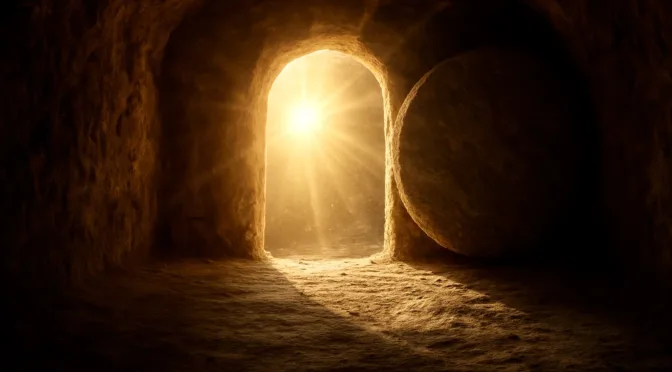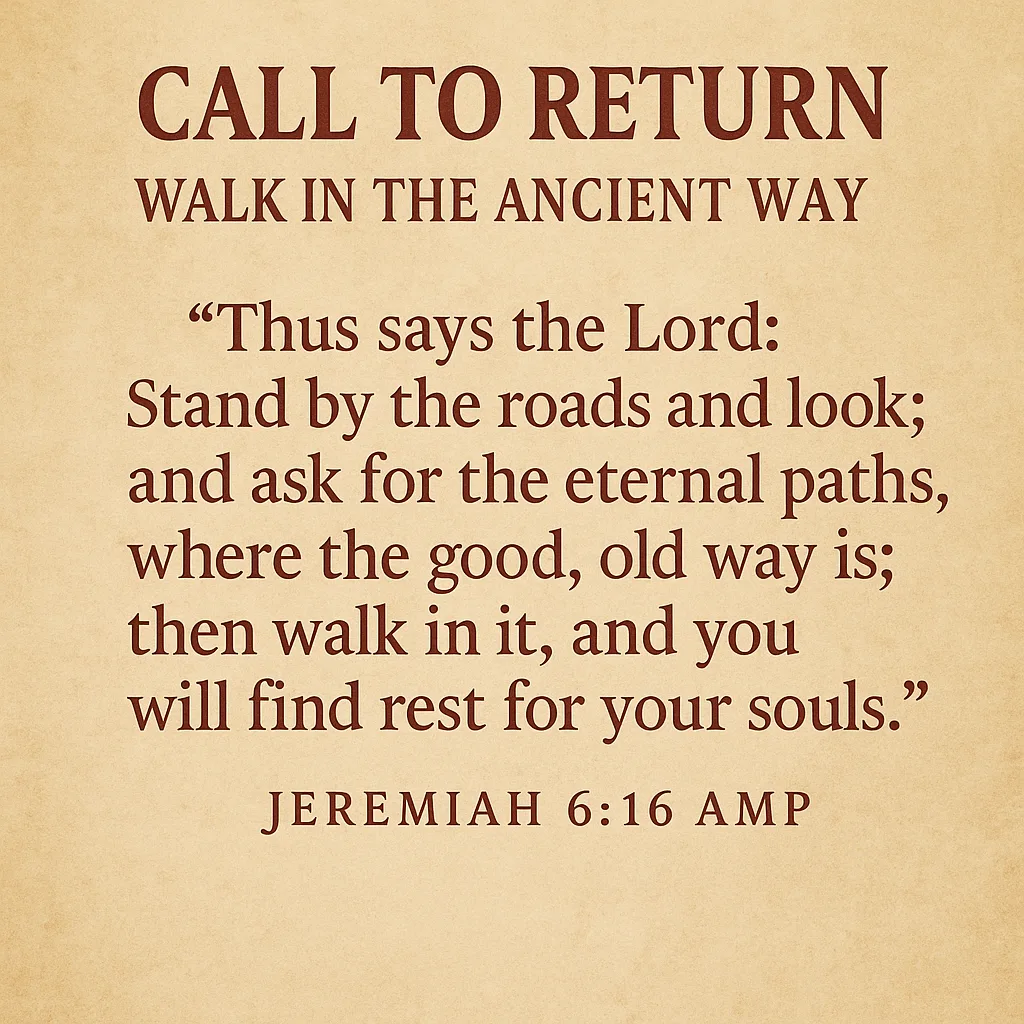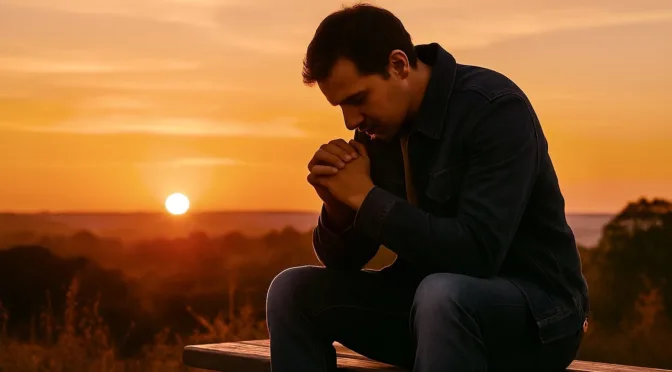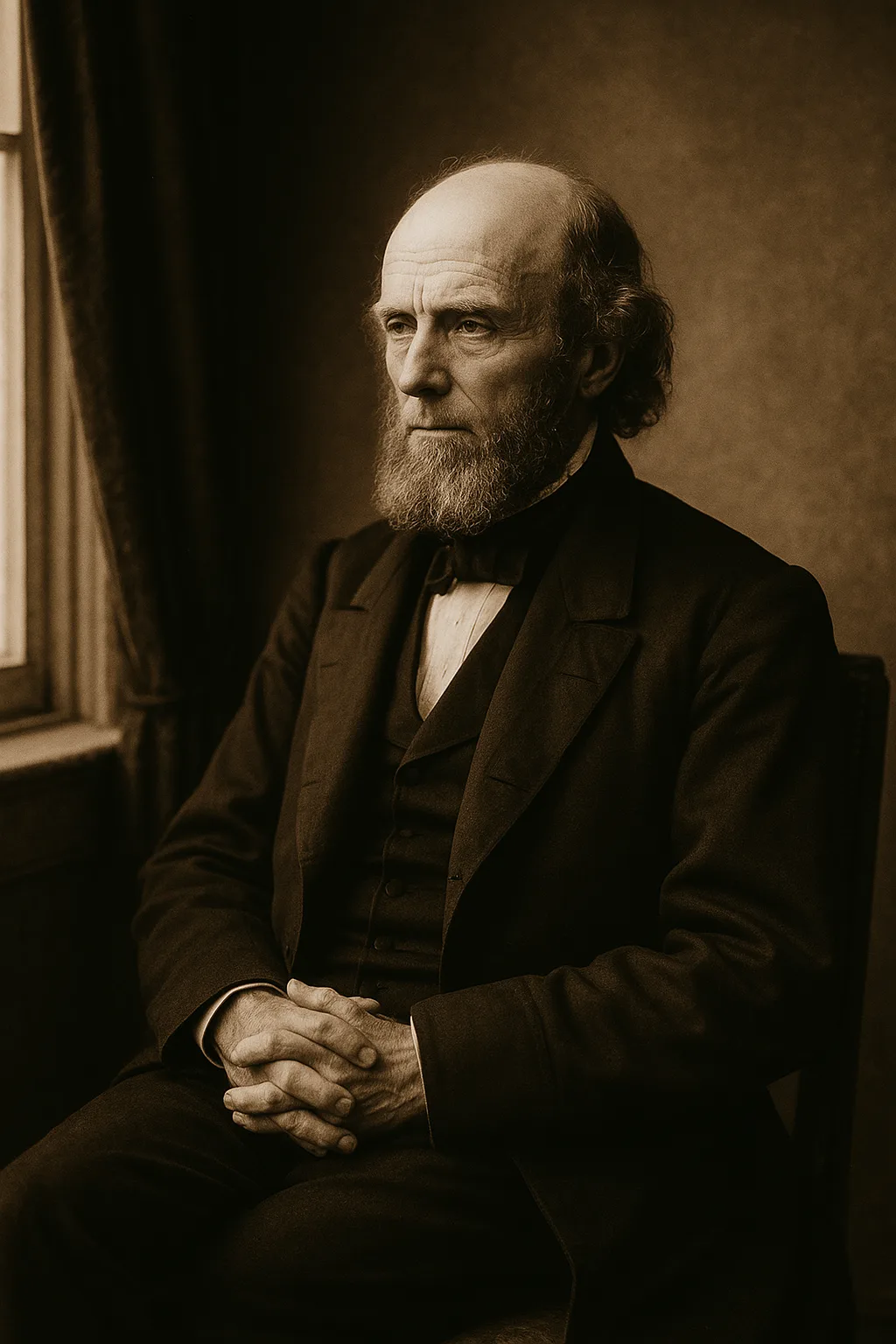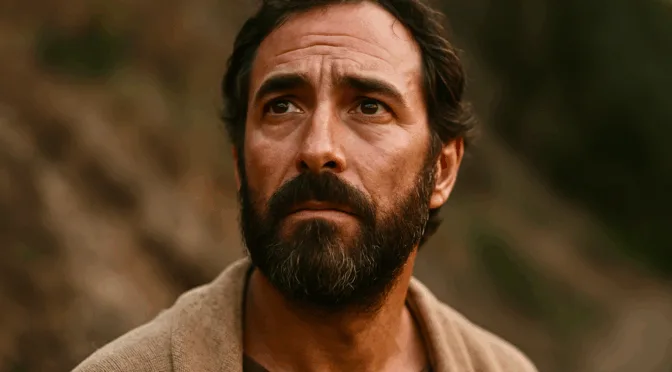Come alive in Him again. These words are more than a call—they are a command from the voice that once thundered outside Lazarus’ tomb. Jesus Christ, the Resurrection and the Life, still calls the spiritually dead to rise. The story of Lazarus is not just a miracle of the past—it is a living prophecy. What God did in Bethany, He is doing still. What He resurrected then, He is breathing life into now.
“Lazarus, come out!” (John 11:43, NASB). This was no whisper. It was a divine decree that shattered the silence of death. And that same voice now calls to every weary heart, every buried calling, every soul wrapped in grave clothes.
This is your invitation: Come alive in Him again.
You may not lie in a physical tomb, but how many sit in pews while their faith lies cold? How many once burned with holy fire, yet now flicker like a dying wick? How many dreams lie wrapped in linen, sealed behind stone by disappointment, fear, or compromise?
Like the valley of dry bones in Ezekiel 37, some believers look alive but are hollow. God asked the prophet, “Can these bones live?” And the answer came not through man’s power, but through the breath of God. The same breath that hovered over the deep in Genesis 1… the same breath that raised Christ from the grave… the same breath still moves today.
Can you feel it? The stirring?
Jesus Still Raises the Dead
This is not a metaphor. This is truth. In Acts 9, Peter raised Tabitha from death. In 2 Kings 4, Elisha raised the Shunammite’s son. In Luke 7, Jesus touched the funeral bier of a widow’s only son and brought him back. God has always been in the business of raising what others declare finished.
And today, the same power that raised Jesus from the grave dwells in you (Romans 8:11, NASB).
But resurrection is not just about miracles—it’s a call. Return to Me, says the Lord, that you may live (Amos 5:4). Repentance is the first breath of new life. As Jesus said, “Unless a grain of wheat falls into the earth and dies, it remains alone; but if it dies, it bears much fruit”(John 12:24, NASB).
Cast Off the Grave Clothes
Even after Lazarus rose, he was still bound. Jesus said, “Unbind him, and let him go” (John 11:44, NASB). Some of us are alive but still wrapped in yesterday’s grief, sin, or shame. Your soul may have heard His call, but your habits haven’t caught up.
It’s time. Time to take off what belongs to the grave. Time to silence the voices that say, “You’ll never change.” Time to rise with Christ and walk as a living testimony that dead things don’t stay dead when Jesus speaks.
You called me from the shadows, Lord,
Where silence was my song.
You shattered tombs with holy words—
I rise where I belong.
No grave can hold the child You love,
No chain can stay Your hand.
I live because You called me forth—
To walk, to breathe, to stand.
Prayer:
Abba, breathe on me again. Where I have allowed my spirit to slumber, awaken me. Let every buried gift and forgotten promise come alive by Your Word. I cast off the grave clothes. I believe in the One who raises the dead. Yeshua, call my name again—I will come forth and live. Amen.
⸻

And I looked, and behold—a great valley full of tombs. Some were sealed in stone, others open and hollow, and still others freshly carved but unoccupied. And over the valley hung a stillness like the hush before a storm, and the air was thick with what had once been prayers now forgotten.
And I saw a Man, clothed in light, walking through the valley. His eyes were like fire, and on His sash was written, “I AM the Resurrection and the Life.” Wherever He stepped, the ground pulsed with life. And with a voice like many waters, He called out, saying:
“Come forth.”
Then I saw the tombs tremble, one by one. Bones rattled, hearts quickened, and the breath of God surged through what had lain cold and silent. The dead rose—not just the lifeless, but those who had once walked and sung and served and preached, yet had fallen asleep in spirit.
I saw a woman rise, weeping, her hands still stained from her past, but her eyes beholding glory. I saw a man who had buried his calling stand upright, the scroll of his assignment unrolling in his hands once again. Children whose voices had been silenced by fear now shouted praise.
Then a great voice from heaven cried:
“Loose them and let them go! For what I have called alive, let no man bind again.”
And I saw angels descend with garments of white and oil of joy, clothing the risen ones with strength. They placed harps in their hands and fire on their lips. And I beheld a multitude, once dead in spirit, now burning like stars in the expanse of heaven—each one marked by the Voice that called them forth.
And I fell on my face, trembling. For He who speaks to tombs speaks also to hearts. And I heard Him say:
“Tell them: The time of sleeping is over. The time of hiding is past. I am calling my people to rise. Come alive in me again.”
And I knew it was true, for his voice awakened even me.
⸻

